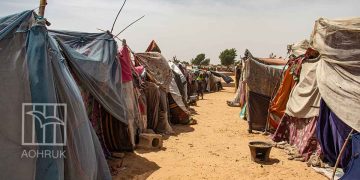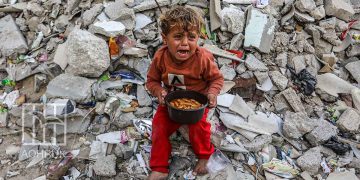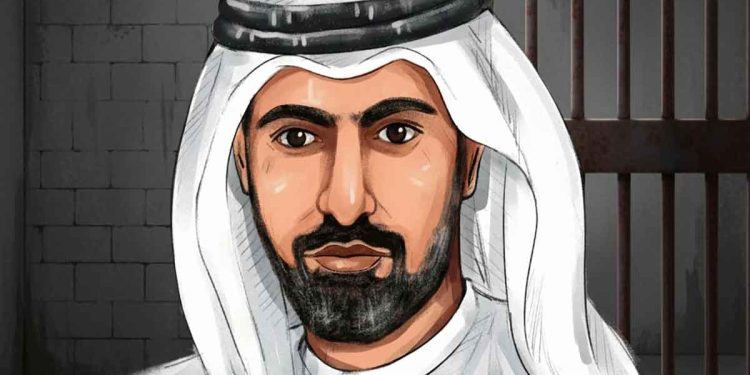Emirati prisoner of conscience Ali Abdullah Al-Khaja died on Wednesday at the age of 59, after spending more than 13 years behind bars, subjected to prolonged abuse, political persecution, and systematic denial of his basic rights. His death comes only days after the passing of his father—an added layer of tragedy for a family that spent years waiting in vain to see him walk free.
A business professional with a bachelor’s degree in Management Information Systems, Al-Khaja had faced increasing harassment by security forces prior to his 2012 arrest due to his social activism and affiliation with the Reform Society (Al-Eslah). He was one of the most prominent defendants in the case known as the “UAE 94,” a group of academics, activists, and professionals prosecuted for nothing more than calling for political reform.
In July 2013, the Abu Dhabi Federal Supreme Court sentenced Al-Khaja and 55 others to 10 years in prison, followed by three years of probation, in a trial marred by vague charges and a total absence of fair-trial guarantees. Despite the completion of his sentence in August 2022, Emirati authorities refused to release him, holding him under the pretext of “national security” and transferring him to the so-called “Counselling Centre” at Al-Razeen Prison. There, he was denied access to legal representation and barred from family visits, amounting to enforced disappearance and degrading treatment.
In December 2023, Al-Khaja—alongside 83 other Emiratis—was brought before the State Security Court on new baseless accusations of forming and supporting a “terrorist organisation.” The charges, widely dismissed by rights groups as politically motivated, carried the threat of lengthy sentences and even the death penalty. In July 2024, the Abu Dhabi Federal Court of Appeal convicted 53 defendants, including Al-Khaja, on terrorism-related charges, imposing harsh penalties ranging from life imprisonment to heavy fines.
Al-Khaja’s death is a stark reminder of the ongoing repression facing civil society voices in the UAE, where activists, academics, and reform advocates are subjected to endless cycles of prosecution, arbitrary detention, enforced disappearance, and ill-treatment. The opaque circumstances surrounding his death demand an independent and transparent investigation to determine responsibility and prevent further violations.
His passing poses a fundamental question to the international community:
How many more prisoners will die in silence, cut off from their families and denied justice, before meaningful accountability is achieved?


























